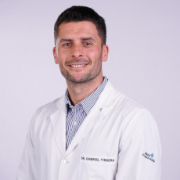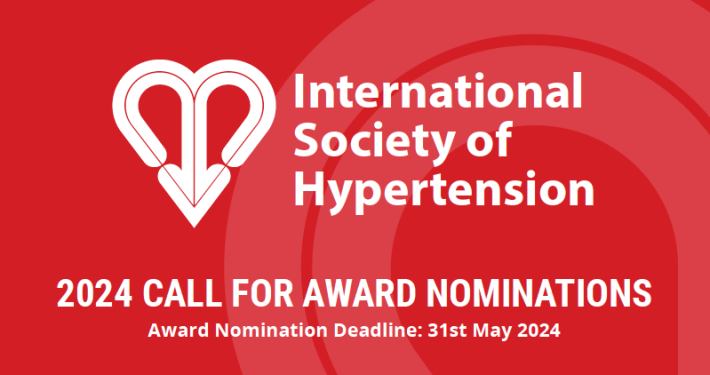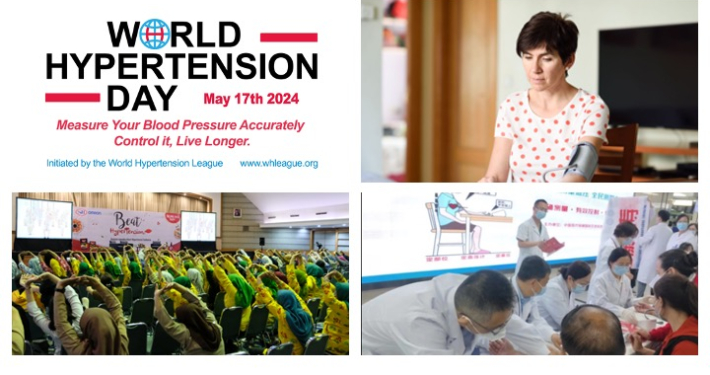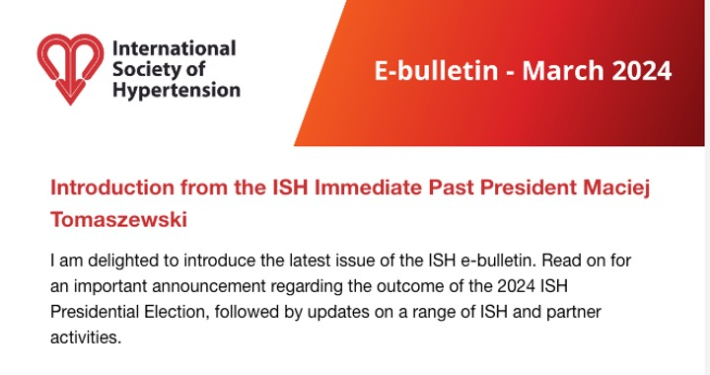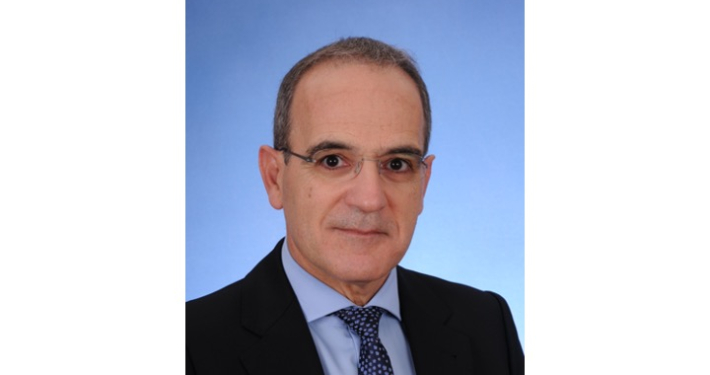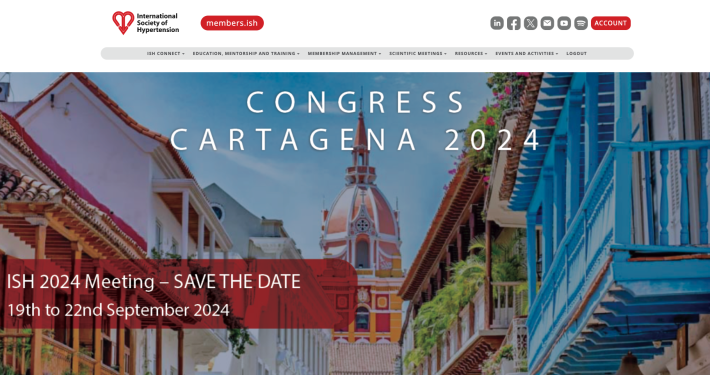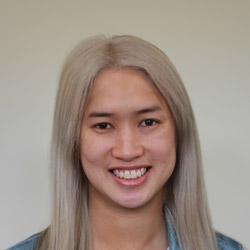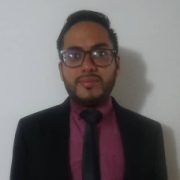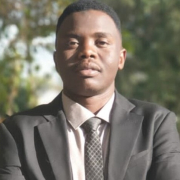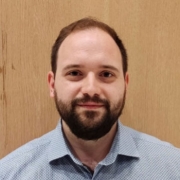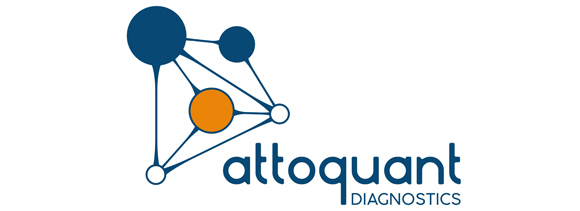Tell us about yourself.
I am a postdoctoral researcher working at La Trobe University in Australia under the mentorships of Profs Chris Sobey and Grant Drummond. I completed my PhD in 2017 at Monash University in Australia. Currently, I am chair of the Early Career Researcher Committee of the High Blood Pressure Research Council of Australia. I am also a member of the Communications Committee of the ISH.
What are your research interests?
My research studies the end organ damage caused by hypertension. I am particularly interested in understanding the impact of hypertension on the brain and how this leads to the development of cognitive impairment and dementia. My research focuses on the inflammatory pathways involved and understanding sex differences.
What are you working on right now?
I am a basic scientist and I use animal models of hypertension for my research. Currently, I am working on several projects that aim to identify drug targets (such as the inflammasome pathways) and therapeutics (such as cell therapy) to treat the end organ damage caused by hypertension in the brain and the vasculature.
What do you hope to achieve in the field of hypertension over the next 5 years?
I hope to develop a new therapeutic that could be used to treat hypertension-induced brain injury and dementia. Hypertension is one of the biggest risk factors for dementia and there are currently no treatments that can stop or reverse the progression of dementia. I hope to identify some of the underlying mechanisms that promote cognitive impairment and dementia during hypertension and to use this information to develop therapeutics to effectively treat these conditions.
What challenges have you faced in your career to date?
Sometimes I experience imposter syndrome due to numerous rejections from funding bodies. However, I am lucky to have supportive people in my life who are always encouraging me to keep going. Another challenge was the COVID-19 pandemic and trying to be as productive as possible while working from home. I was fortunate to be able to go to work and complete experiments during the second lockdown in Melbourne, Australia. However, I found that I was overworking myself to make the most of the limited time I had onsite. Sometimes I find it difficult to have a good work-life balance.
What strategies have you used to overcome the imposter syndrome?
Imposter syndrome is something I have not completely overcome yet. I try to think more positively and reflect on why I deserved my achievements; big and small. We are our own worst critics, so it is very easy to be negative about ourselves. I also try not to compare myself to other people’s successes because everyone’s situation is different. However, I must admit it is much easier said than done!
Which of your publications are you proudest of and why (please include paper reference)
I am most proud of the study that was published earlier this year in Cardiovascular Research, titled “Aldosterone-induced hypertension is sex-dependent, mediated by T cells and sensitive to GPER activation”. I started this study as the final chapter of my PhD and worked on it during the first couple of years of my post-doc. It required a lot of hard work and patience and I really pushed myself to complete the work. This is the first study where I really feel that I have made an important scientific contribution.
Dinh QN, Vinh A, Kim HA, Saini N, Broughton BRS, Chrissobolis S, et al. (2021). Aldosterone-induced hypertension is sex-dependent, mediated by T cells and sensitive to GPER activation. Cardiovasc Res 117: 960-970.
What is your favourite manuscript from a lab other than your own?
It would have to be a publication from Tomasz Guzik and David Harrison’s labs titled “Role of the T cell in the genesis of angiotensin II induced hypertension and vascular dysfunction.” This was published in 2007 and was the seminal paper that really kick-started the field of immunity and hypertension and has inspired my research. There have been some publications that have since questioned some of the findings of this study, however, I believe that this still remains a very important study that will continue to influence future research in the field.
What are your passions outside of work?
I love to travel and learning about the culture of the countries I visit. I always make the most of international conferences and find time to explore the cities. Hence, I can’t wait until we can safely travel internationally again! My other passion in life is
food and I love eating delicious food and trying new restaurants and cuisines. This is one of my favourite aspects of travelling.
